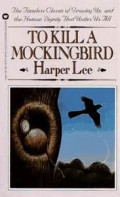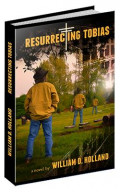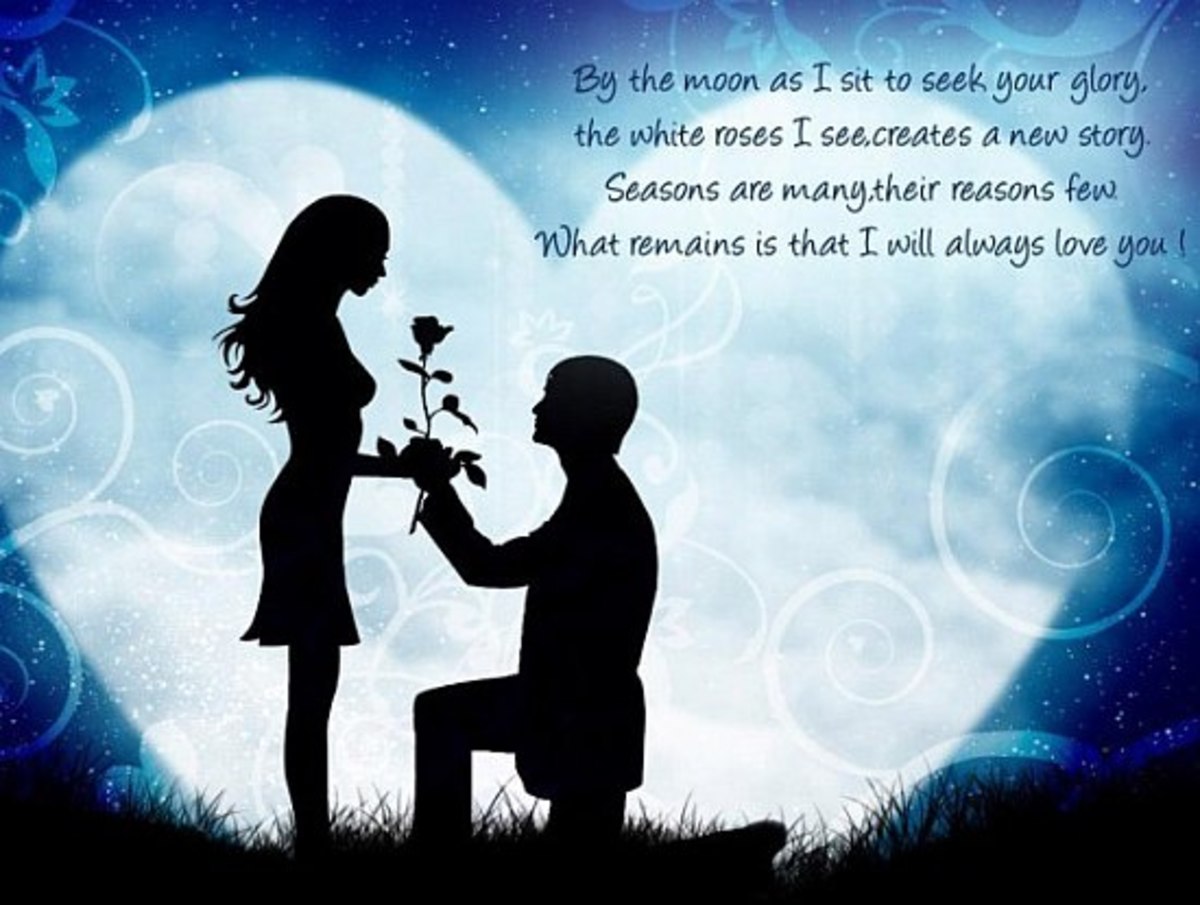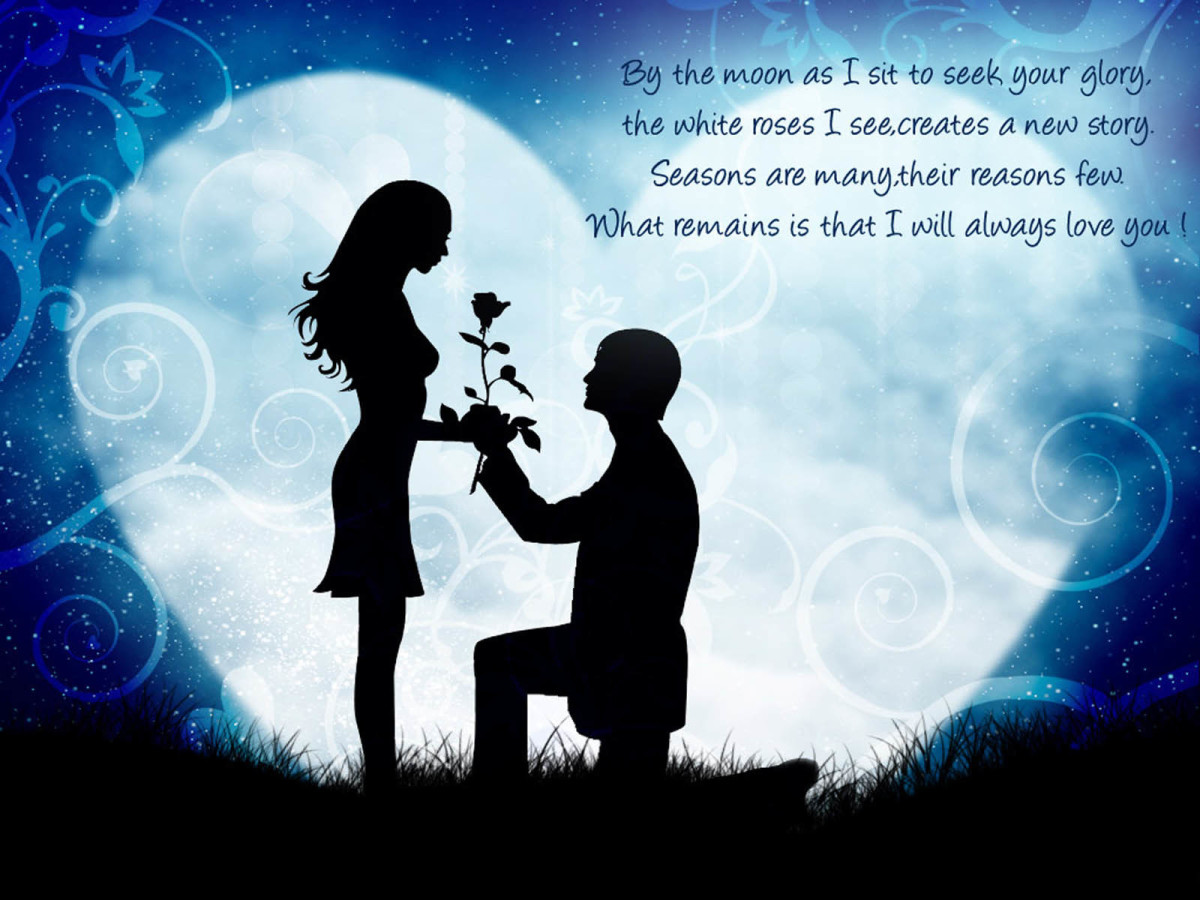How To Write a Mystery Novel
There Are Common Elements in All Mystery Novels
Excerpt from 'The Tin Roof Blowdown'
By James Lee Burke
“My worst dreams have always contained images of brown water and fields of elephant grass and the downdraft of helicopter blades. The dreams are in color but they contain no sound, not of drowned voices in the river or the explosions under the hooches in the village we burned or the thropping of the Jolly Green and the gunships coming low and flat across the canopy, like insects pasted against a molten sun.
In the dream I lie on a poncho liner, dehydrated with blood expander, my upper thigh and side torn by wounds that could have been put there by wolves. I am convinced I will die unless I receive plasma back at battalion aid. Next to me lies a Negro corporal, wearing only his trousers and boots, his skin coal-black, his torso split open like a gaping red zip-per from his armpit down to his groin, the damage to his body so grievous, traumatic, and terrible to see or touch he doesn't understand what has happened to him. “
Reading the eloquent words of one of my favorite mystery writers, James Lee Burke, it is easy, at times, to forget that there really are rules regarding the crafting of a fine mystery. I can get so wrapped up in the beauty of his words that literally a hundred pages will fly by before I realize I am being guided on a literary tour. That, my friends, is talent.
But talent does not happen overnight. As with any craftsman, a good writer knows his trade. Like a journeyman carpenter understands the grain of the wood he is about to cut, a journeyman writer understands how to use the grain of the story to his advantage.
Let’s discuss that “grain” in more detail.
I would venture to state that nearly all, if not all, great mysteries have the following common elements in addition to a good puzzle, good plot, and a great protagonist.
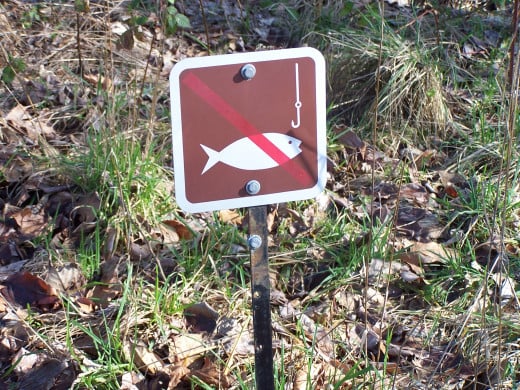
The Hook
I read a lot of mysteries.
I love the mystery genre, and I would guess I have read nearly a thousand mysteries over time….possibly more. When I go to the library to pick out the next enjoyable read, I will grab books from the shelf and I will read the first page. That’s all the time I am willing to give that author. If he/she cannot sell me on their novel in that first page, then their novel is not worth my time.
I think I speak for a great many mystery readers. I think I speak for a great many readers in general.
Do not waste time on long descriptions of setting or character when you begin your mystery. Save those for the Russian novelists. A mystery must be hard-hitting, and it must be hard-hitting right out of the gate.
Confused? I will begin work on my third novel in a few weeks. The working title is “A Season for Killing,” and the opening two paragraphs go something like this:
“I take no pleasure in killing. Never have, despite my background. The simple fact of the matter is that some people deserve to be eliminated. The molesters, the pimps, the drug dealers and the serial killers, they all deserve death. They deal in death and death they shall receive, and I am the Fed Ex man more than willing to drop by with a little package for them.
Willy Boy Hopkins, kneeling before me, was a prime example. Willy Boy had been making a figurative living off of the misery of others for twenty of his thirty years. He killed a ten year old neighborhood girl when he was twelve; sliced her throat from ear to ear on Christmas Eve, 1992. Left her in her backyard, discarded like so much refuse, where her parents found her one hour later.”
Are you hooked?

SETTING
A mystery can literally happen anywhere. I have read mysteries that took place in one house. I have read mysteries that took place in remote Alaskan villages and in huge metropolitan areas. They can happen on horse ranches and they can happen down on the bayou.
A good mystery writer will take setting to a different level and actually integrate the setting with the plot.
James Lee Burke, mentioned earlier, is a master with this tool. The Louisiana bayou country is an integral part of his novels, so much so that the setting almost becomes one of the characters in his story. For another example of this, read “The Dark Tower” by P.D. James, which is set at a creepy nursing home on the coast. Read that and then you’ll understand the importance of setting to a mystery.
PACE
The plot of a good mystery must move along quickly. The average mystery reader does not want “War and Peace.” The average mystery reader wants to be entertained and challenged, but he does not want to be dragged down into the muck and mire of lengthy discourses and diatribes.
A mystery is catapulted forward by action and a constant barrage of new information. Short, snappy dialogue is also often used to keep the pace moving quickly.

The Bad Guy
Every mystery has a bad guy, but not every mystery has a multi-dimensional and fascinating bad guy.
Keep that in mind if you should ever attempt to write a mystery.
I have mentioned before the sheer genius of a character like Hannibal Lecter. There was a bad guy who was capable of making our skin crawl, and it was all because of the brilliant writing of author Thomas Harris. Mr. Harris has given Hannibal a persona that makes us cringe and yet fascinates us, and we find ourselves turning the pages quickly to find out what Hannibal is going to do next.
THEMES
There must be something more in a mystery than just who done it. Good mystery writers understand this basic fact. Themes of love, loss, pain and grief will suck a reader in and demand that they continue reading.
Through the development of your characters, and the struggles they go through, the reader should be able to identify with these themes, and it is that identification that will make your book memorable.
Again I will mention James Lee Burke. His main character, Dave Robicheaux, is an extremely flawed man. He is violent by nature and yet has a code he lives by, a code that says fairness and justice are crucial in life. He is a recovering alcoholic who is constantly battling with the demons of his nature. Without the introduction of these themes, Burke would just be another average mystery writer. With these themes, he is one of the best.
Join me on my writing blog
- Artistry With Words | A topnotch WordPress.com site
Tips and discussions about writing, by writers, for writers
Put It All Together
I want you to think about a good mystery that you have read. Did it have the elements I have just mentioned? Chances are that it did; otherwise, you would not recall it.
Now you know the secrets to a good mystery novel. Including all of these elements will not make your novel a great read, but they certainly will help to improve it.
Now all that is left for you to do is write it.
2014 William D. Holland (aka billybuc)
“Helping writers to spread their wings and fly.”



